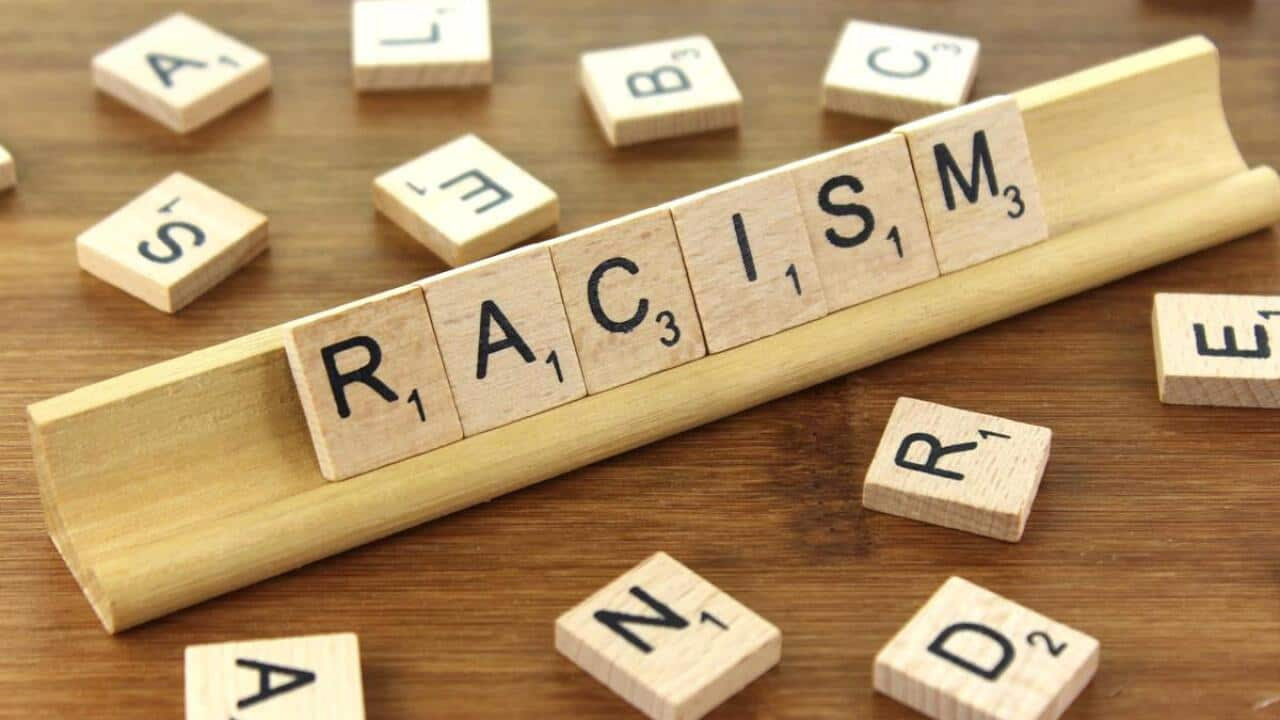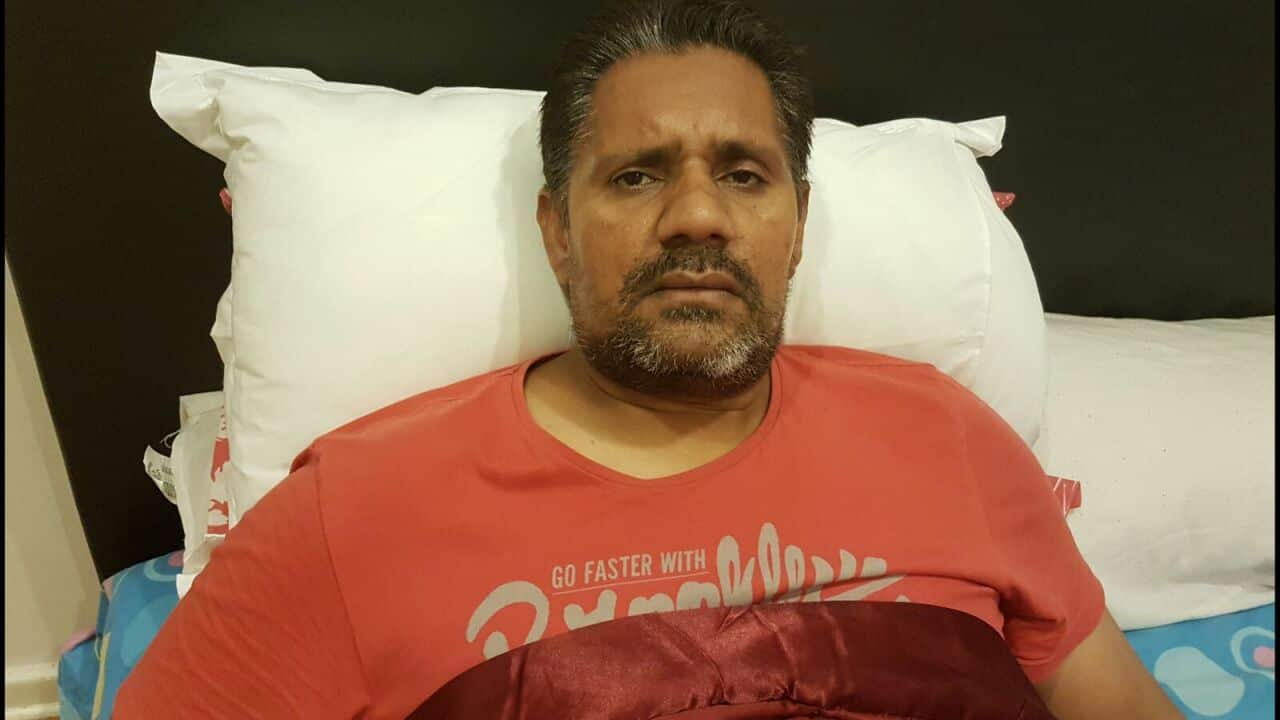In March, SBS carried out a reportage campaign on ‘Face Up To Racism’, where a series of documentaries and stories highlighted to what extent racism prevails in Australia.
SBS Hindi listener Sonica Semwal, an Indian immigrant who came to Australia at the age of one, wrote to us about her experiences at an Australian school as an Indian child with brown skin.
Here’s her story, in her words.
“I love Australia with all my heart. I thank it for the great opportunities it has given to me and doors that have opened up because of it.
But the racism that happens here breaks my heart.
From as soon as primary school, I, an Indian brown skinned girl, with thick hair and bushy brows was treated differently to my white peers.
I don't think they realised they were being racist or rude, instead they wanted to tell me what was wrong with me and 'how I could improve myself. But of course they would always add a subtle 'no offence', because that made everything better.
They didn't realise how much a small remark could cut so deeply.
As I got older, they didn't have seemingly good intentions.
I became so hurt by the words I was taunted with I didn't want to be Indian.
I felt 'unaustralian'.
I didn't have the same light skin, blonde hair or blue eyes.
I wanted be just like them, to be seen as an Australian.
So I began my journey.
I dissociated myself from everything Indian. I claimed I knew nothing about Hindi, Indian food and curries (which was a total lie).
I made a semi-disgusted face, just like the other kids did when anything Indian was mentioned.
My mother would heavily oil my hair to contain it's frizz. I was told it looked 'oily', 'greasy', 'disgusting' and 'yuck'. At this point I made an attempt to defend myself and hair. But they shut me down every time and continued throwing looks. But later that year they oiled their hair with the trendy moroccan oil, recommended by their hairdressers and stylists.
But later that year they oiled their hair with the trendy moroccan oil, recommended by their hairdressers and stylists.

Source: Public Domain
When I oiled my hair I was ripped to pieces, but when they did the same, their hair became beautiful and cool? Where was the logic behind that? I still ask myself. I stopped oiling my hair. I still don't because till this day their words haunt me.
When teachers asked the question 'Is there anyone that wasn't born in Australia here?', I would deny I wasn't. When a couple of kids knew I wasn't they would try and encourage me to put my hand up and own up.
I felt like it was my dirty secret. I was on the verge of tears. I didn't want to put my hand up.
I felt the kids and the teacher would look at me differently, even more than they already did.
I was just a year old when my family and I migrated from India. I knew next to nothing about life in India, other than a couple of short visits over the years.
There were so many examples of times I felt like I didn't belong I could write a book. People judged me based on my skin.
The first thing someone saw when they saw me was an Indian.
I later realised, I didn't need to convince myself I was an Australian. Because I was, I was and am an Australia. I'm an Indian-Australian. And I couldn't be more proud of it.
I no longer run from my roots, instead I am proud to be what I am.
The problem with racism in Australia is, people don't think they're being racist.
They think they're trying to save us from our culture and whitewash us.
So many times when this kind of racism occurred, I was told I couldn't take a joke.
In fact just today, someone on social media posted a video. She had a pimple in the area between her eyebrows, where us hindus place our bindis. She claimed she was the newest member of the Indian family and made a couple of curry jokes.
I retaliated, but I was told the same. 'You're taking this too seriously', 'It's just a joke', 'Just chill!".
If you ask a white person in Australia if racism occurs, they would probably say something along the lines of, 'Yes racism occurs, but on a very small scale'.
They consider racism, people shouting racial slurs and taunts at people of colour. But racism is so much bigger than that. I guess you don't know the story until you live it yourself.
I call for change and for realisation of what racism actually is. I had it easy compared to so many other people.
I can't imagine the horrors of what other, less fortunate people have experienced in Australia.
I hope in the near future this will change.”
Have you experienced racism at school, university or workplace? Share your experiences with us at
Follow us on



